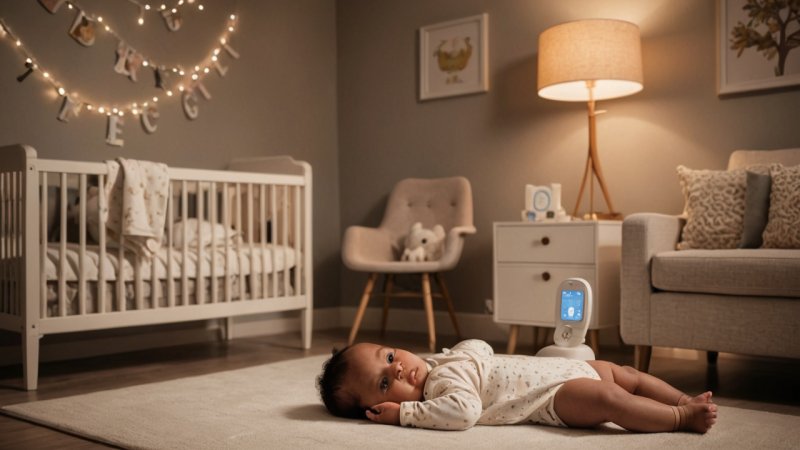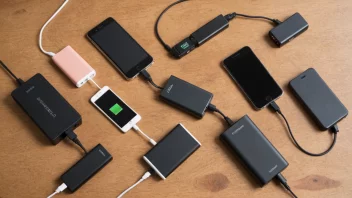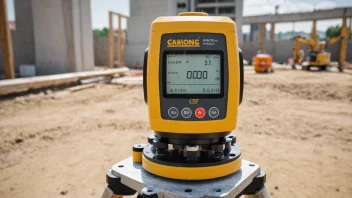What is smart home technology?
Smart home technology refers to devices and systems that connect to the internet and allow users to control various aspects of their home remotely or automatically. This technology can include smart lights, thermostats, security cameras, and more, all designed to enhance convenience, security, and energy efficiency.
How can smart home technology help new parents?
New parents often face numerous challenges, from sleepless nights to managing daily tasks. Smart home technology can help ease these burdens by providing tools for monitoring, automating routines, and ensuring the safety of their home environment.
1. What are some essential smart devices for new parents?
- Smart baby monitors: These devices allow you to keep an eye on your baby from anywhere using your smartphone.
- Smart lighting: Automated lights can be programmed to dim or turn off at specific times, helping create a soothing environment for your baby.
- Smart thermostats: Maintain optimal temperatures for your baby's comfort without manually adjusting the thermostat.
- Smart locks: Ensure your home is secure and easily accessible for caregivers or family members.
2. How can I use smart technology to monitor my baby?
Smart baby monitors offer features such as video streaming, temperature monitoring, and even lullabies. Many models allow you to receive alerts on your smartphone, so you can quickly check on your baby whether you're in another room or out of the house.
3. Are there smart solutions for nighttime feedings?
Yes! Smart lighting can help you set a low-light mode in your nursery, preventing bright lights from waking your baby during nighttime feedings. Additionally, smart speakers can play soft music or white noise to help your baby stay calm.
4. Can smart home technology improve my home’s security?
Absolutely! Smart security systems allow you to monitor your home remotely, receive alerts about unusual activity, and even control locks and cameras from your smartphone. This peace of mind is crucial for new parents concerned about their child's safety.
5. How can automation assist with daily tasks?
With smart home automation, you can set routines that trigger devices at specific times. For example, you can program your coffee maker to start brewing in the morning or set your smart vacuum to clean while the baby is napping, allowing you to focus on caregiving.
6. What are the potential downsides of using smart home technology?
While smart home technology offers many benefits, there are potential downsides, including privacy concerns, reliance on technology, and the initial cost of devices. It’s important to research and choose devices that prioritize security and are user-friendly.
Are there any resources to help new parents set up smart home technology?
Many manufacturers offer guides and online resources to help you set up and optimize your smart home devices. Additionally, online forums and parenting groups can provide valuable tips and recommendations from parents who have already integrated these technologies.
Final Thoughts
Smart home technology can significantly enhance the lives of new parents, providing solutions for monitoring, safety, and daily routine management. By carefully selecting devices that suit your family's needs, you can create a more comfortable and efficient home environment during those crucial early months.






